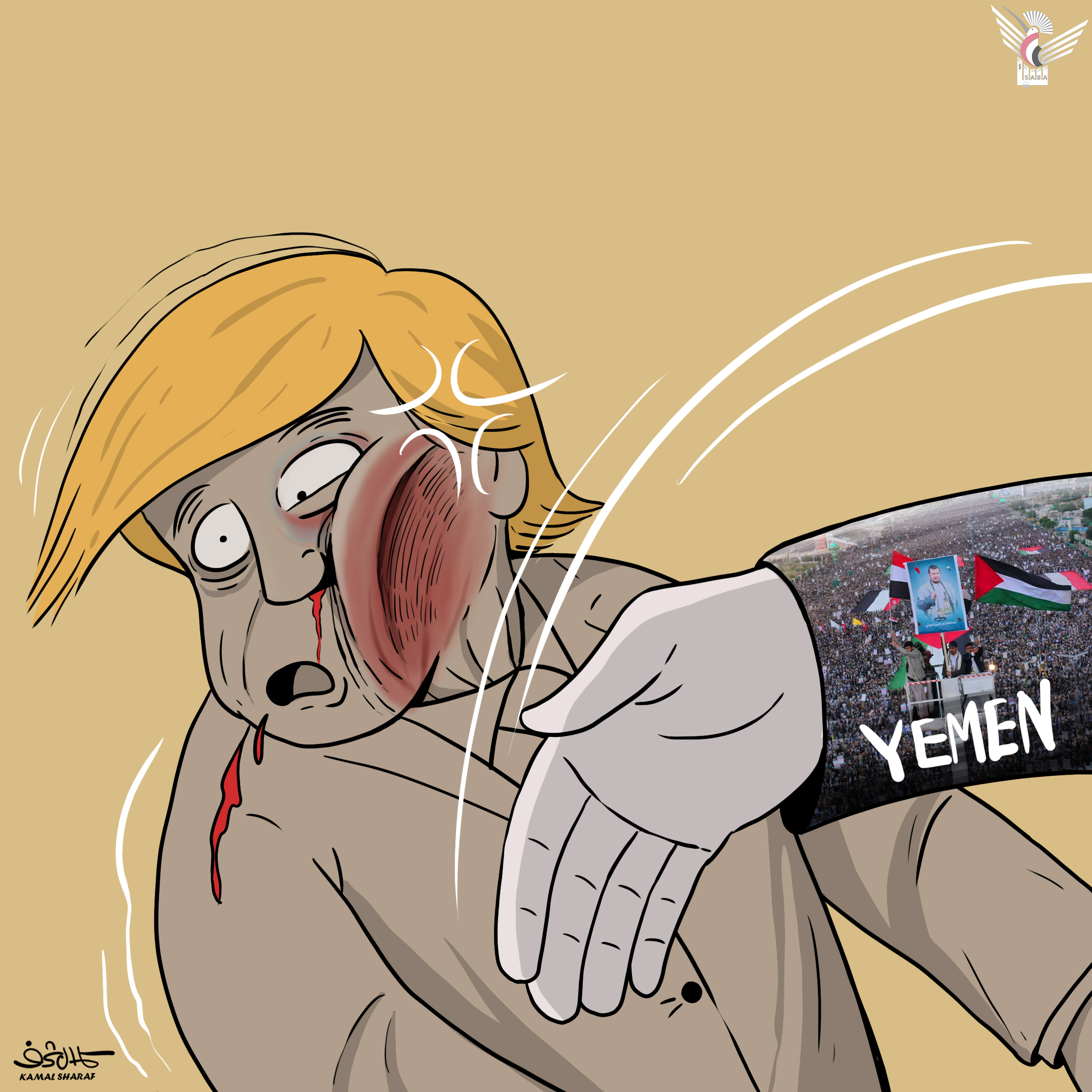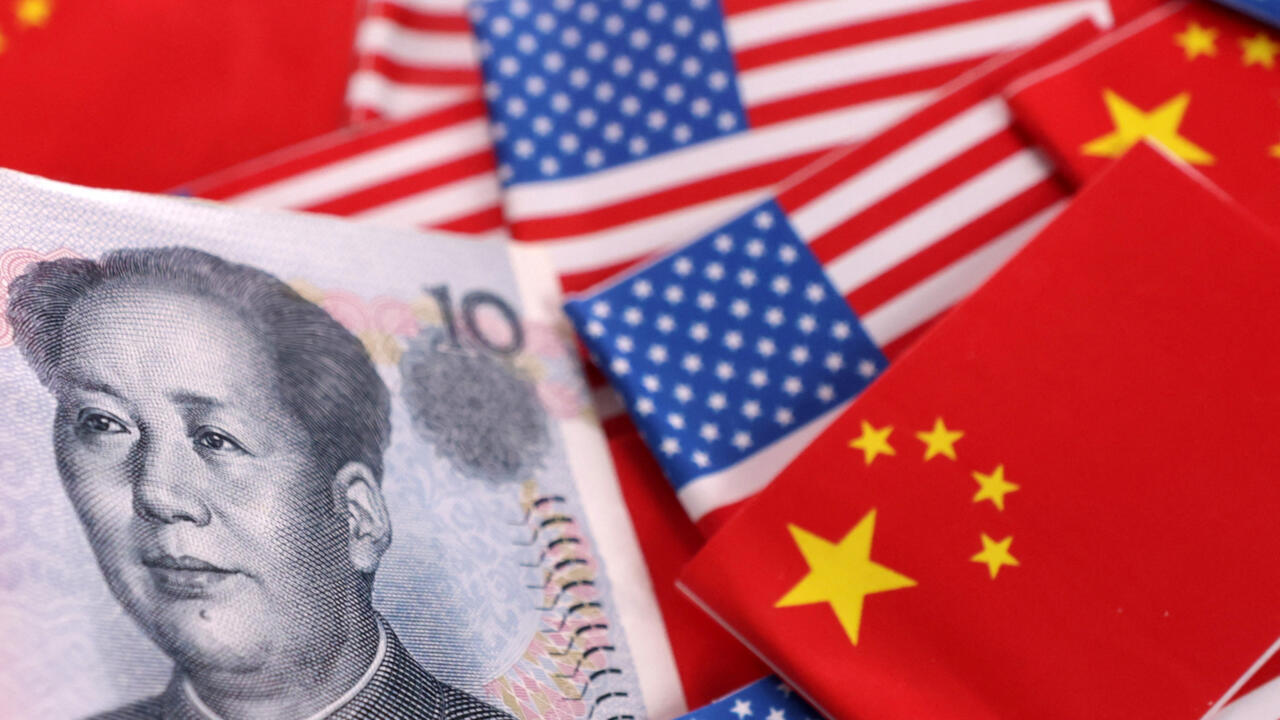Beijing - Saba:
China has vowed to fight US tariff threats "to the end," after US President Donald Trump threatened to increase tariffs on its imports by 50% starting April 9 if Beijing does not withdraw its retaliatory measures.
A spokesperson for the Chinese Ministry of Industry and Commerce stated, "The US threat to increase tariffs on China is a double mistake that once again reveals the nature of US blackmail," stressing that his country "will never accept this. If the US insists on pursuing its own path, China will fight it to the end."
The spokesperson added, "If the US escalates its tariff measures, China will take firm countermeasures to protect its rights and interests."
A spokesperson for the Chinese Embassy in Washington, for his part, stressed that "pressure and threats are not the right way to deal with China," adding that Beijing will "resolutely" protect its rights and interests.
It is noteworthy that the mutual escalation between the United States and China has ignited global markets, led to a decline and turmoil in global stock markets, and raised fears of a global economic slowdown.
At the European level, Ursula von der Leyen announced that the European Union had offered the United States a reciprocal exemption from tariffs on industrial goods, but threatened to take countermeasures to defend European interests.
Canada filed a formal complaint with the World Trade Organization against US tariffs on the auto sector and requested formal consultations to resolve the dispute.
Wall Street under pressure: sharp volatility and fears of a slowdown
In the United States, major indices registered declines at the opening amid fears of an economic slowdown. The Dow Jones Industrial Average lost 356.67 points at the close, while the S&P 500 fell 14.22 points, and the Nasdaq rose slightly by 14.66 points.
The Volatility Index, Wall Street's fear gauge, reached its highest level since August 2024, exceeding 60 points.
The Washington Post reported that Elon Musk appealed to President Trump to roll back the comprehensive tariffs, while financial sources revealed phone calls between the heads of major global banks, including Bank of America, Citigroup, and Barclays, to discuss the repercussions of the tariff escalation.
Global markets plummet under the weight of tariff escalation
Global markets also experienced sharp declines amid concerns about the escalating trade conflict. Asian and European stock markets recorded unprecedented losses, with the Tokyo Stock Exchange closing down 7.8%, the Seoul Stock Exchange down 5.6%, and the Hong Kong Stock Exchange falling more than 13%, its biggest collapse since 1997.
Gulf markets were also affected, with the Kuwait Stock Exchange closing with heavy losses of 5.7%, and the Saudi Stock Exchange falling by about 7%, its biggest drop since the COVID-19 pandemic. Meanwhile, Turkish stocks fell more than 3% under pressure from US tariffs and domestic political unrest.

| more of (International) |




